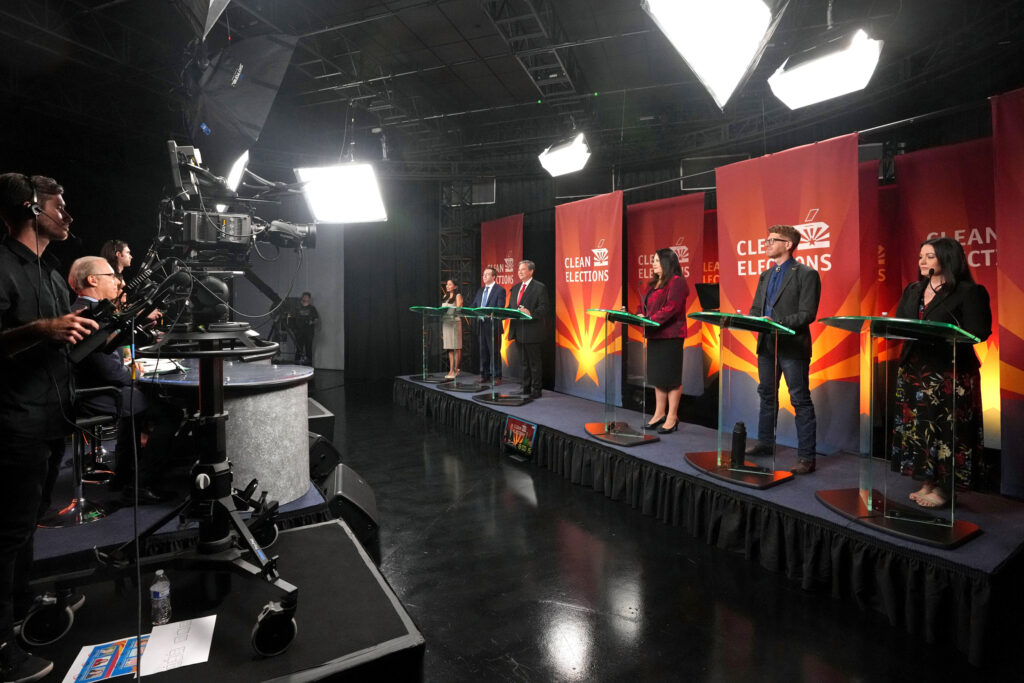PHOENIX—The Arizona Corporation Commission (ACC) has recently approved significant changes to the state’s energy infrastructure, sparking controversy and legal challenges. Key decisions include the authorization of two gas power plants without public input, an expansion of another plant without environmental review, and the imposition of new fees on homeowners with solar panels, deemed “discriminatory” by the attorney general.
The ACC also sanctioned an 8% rate increase for Arizona’s largest utility, Arizona Public Service Co. (APS), partly to fund grid expansion despite cheaper alternatives. It further altered APS’s plan to aid communities affected by coal plant closures. These actions have prompted lawsuits and public outcry from environmentalists.
APS has historically invested heavily in influencing ACC elections. This November’s election is crucial, as the commission’s decisions are pivotal in shaping Arizona’s climate and renewable energy policies. Currently, the ACC has a Republican supermajority, but with three seats open, this balance could shift.
Republican candidates, including incumbent Lea Marquez Peterson, defend the need for a balanced energy portfolio to support growth and maintain grid reliability. They argue against renewable mandates, citing potential rate hikes. Meanwhile, Democratic candidates advocate for market-driven energy choices, emphasizing solar power’s economic and environmental benefits.
Arizona’s ACC, established in 1912, regulates utilities, setting customer rates and overseeing the power grid. With its current decisions favoring fossil fuels, critics argue the commission prioritizes utility profits over environmental and public health concerns. Two notable decisions this year include approving a rate hike and expanding UNS Electric’s gas facility without environmental oversight.
Environmental groups contend these changes increase costs for consumers while sustaining fossil fuel dependence. Legal actions are underway against the ACC’s approval of UNS Electric’s expansion, which bypassed environmental review by arguing each plant’s output was under 100 MW individually. Opponents claim the combined output should require regulatory scrutiny.
The outcome of the upcoming election could significantly impact Arizona’s energy policies, with potential repercussions for climate change and renewable energy adoption.
Original Story at insideclimatenews.org
